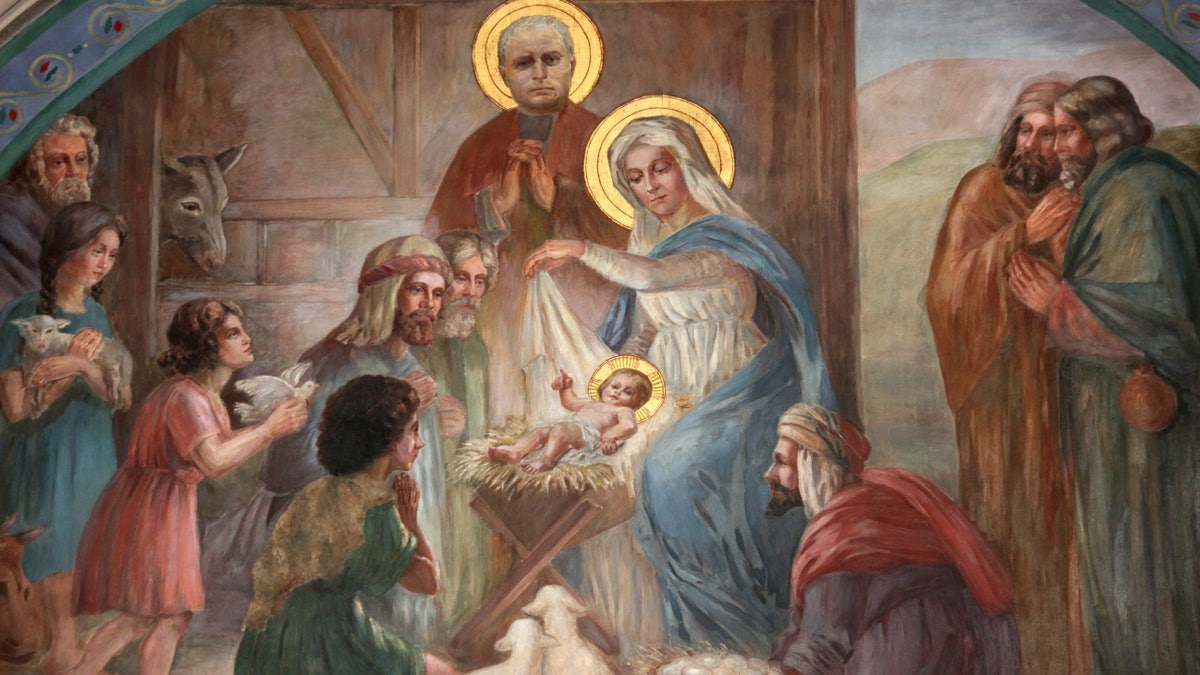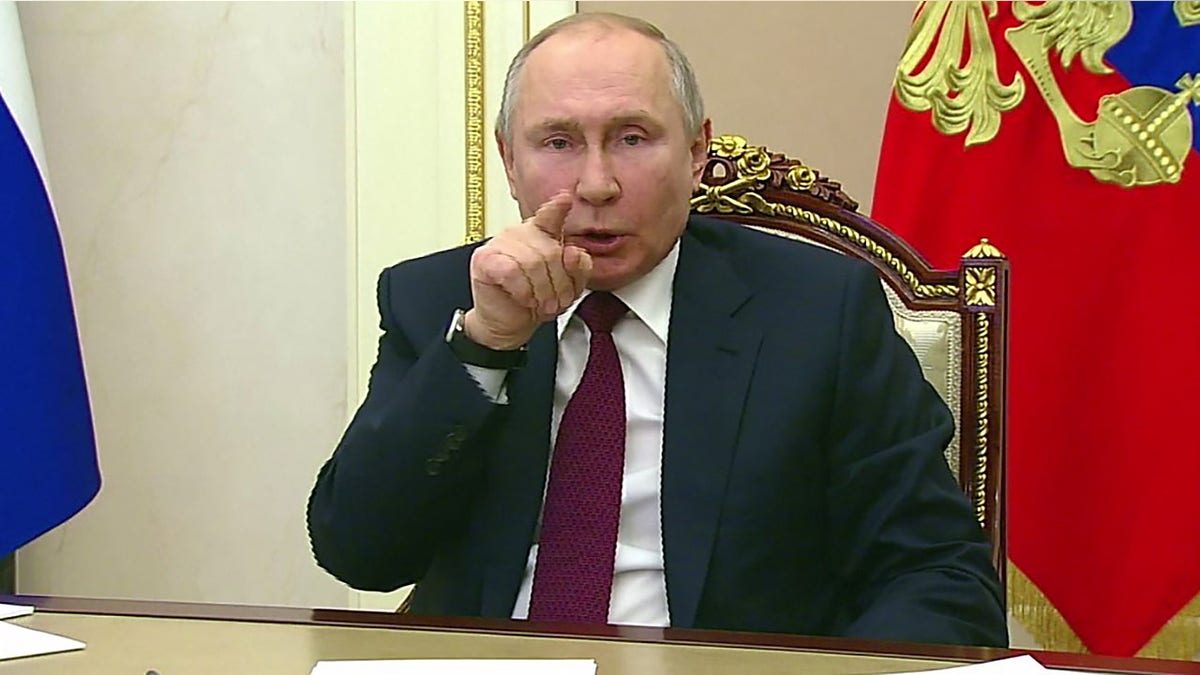In 63 BC, amidst the grandeur of ancient Rome, Gaius Octavius was born. Destined for greatness, he would rise to become Augustus, the first Roman Emperor, transforming the Republic into a sprawling empire. His influence resonated through centuries, shaping political structures and leaving his mark even on our calendar. Yet, during his reign, a seemingly insignificant event occurred – the birth of a child in Bethlehem.
This child, Jesus, entered the world in stark contrast to Octavius. Born in obscurity, his early life remained largely undocumented, overshadowed by the emperor's prominence. While Octavius consolidated power through political maneuvering and military might, Jesus embraced the marginalized, offering hope and healing to the overlooked and rejected.
Their paths diverged dramatically. Octavius, a symbol of worldly power, sought control and dominion. Jesus, advocating love and compassion, chose a path of humility and sacrifice. While Octavius built an empire through strategic alliances and conquests, Jesus built a following through simple teachings of love and forgiveness. One championed strength and authority, the other embraced gentleness and service.

Jesus's birth, though humble, ignited a movement that transcended empires and endured through millennia. His message of love and redemption resonated with the downtrodden, spreading through whispers and quiet acts of defiance against the established order. Despite persecution and attempts to suppress his followers, the message persisted, eventually transforming the very empire that had overlooked his birth.

The story of Jesus and Augustus serves as a powerful reminder that true influence is not always measured by worldly power or political dominance. While Augustus's legacy is confined to history books, Jesus's message continues to inspire billions across the globe. It speaks to the enduring power of love, compassion, and sacrifice, values that ultimately shape the course of human history.

The Christmas story highlights the profound impact of a life lived in service to others. It challenges our understanding of greatness, suggesting that true significance lies not in the pursuit of power but in the embrace of humility, compassion, and love. This enduring message offers hope and inspiration, reminding us that even in the face of overwhelming odds, the power of love can transform the world.








